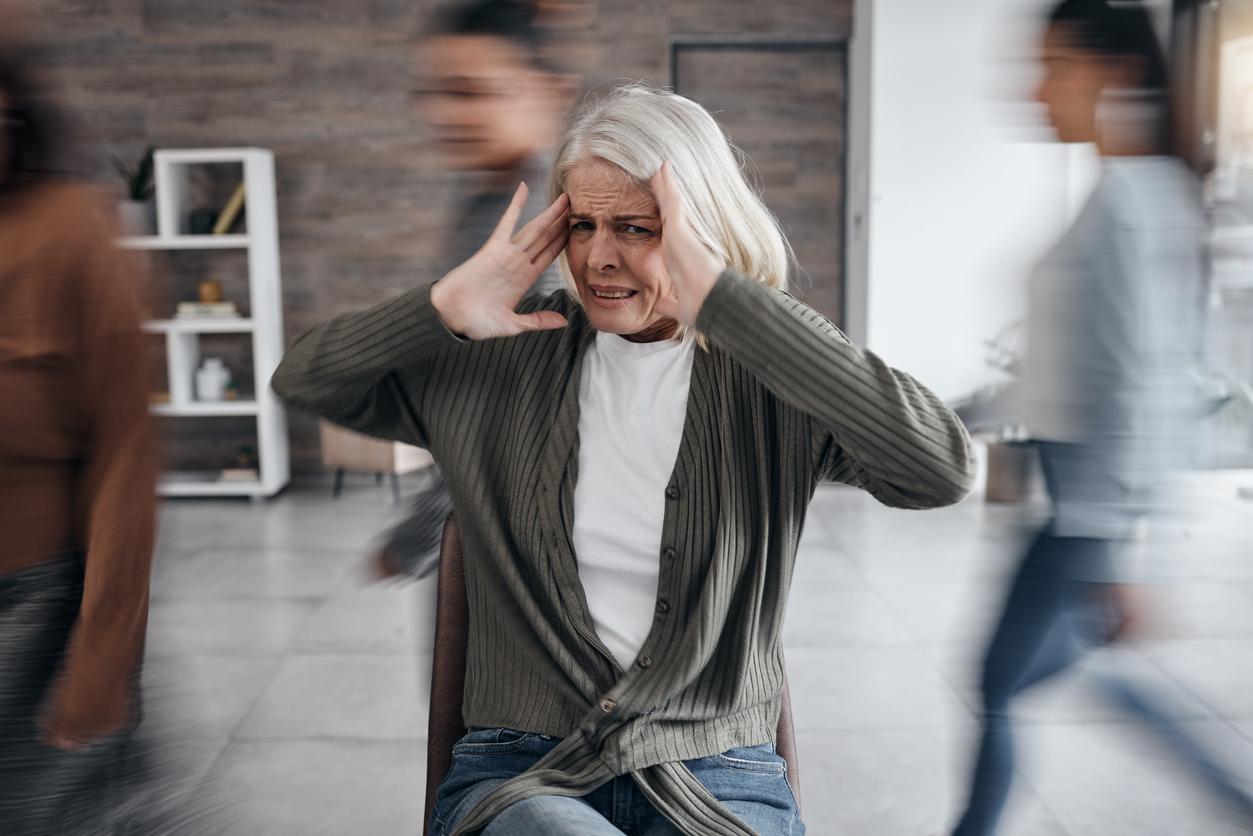A quarter of children with a minor head injury suffer from post-concussion syndrome. These are problems with memory, attention or even sensitivity to noise and/or light.

- A head injury is considered “mild” when there has been no loss of consciousness for more than 30 min after the shock, nor confusion for more than 24 hours.
- 30% of people who have suffered a concussion still have symptoms more than 15 days later.
- Sometimes there is no visible motor impairment in the hours that follow.
A fall, even slight, can have almost undetectable consequences. Israeli researchers have noted this. In their work, published in Scientific Reports, they explain that minor head injuries in children can have sequelae years later, in the form of a post-concussive syndrome. These are cognitive, physical and also emotional symptoms that persist for several weeks after the shock. This can manifest itself in a chronic way, with repeated forgetfulness for example, memory problems, or an increased sensitivity to light and noise.
Hard-to-identify brain damage
In this study, Israeli scientists examined 200 children who suffered a head injury. All were able to leave the emergency room, after various examinations, because their case did not require medical intervention. “The children in the study arrived at the ER with mild head trauma and, after spending the night under observation or being sent for a CT scan of the head, they were sent home.”, adds Dr. Eli Fried of Kaplan Medical Center. The researchers followed them from six months up to three years after their release date. “Unlike damage to large arteries and damage to brain tissue, with a minor head injury the damage is to small blood vessels and neuronsexplain the authors in a communicated. And they’re not detectable on head CT scans or MRIs.” Only a long-term follow-up can identify the symptoms, with the realization of brain imaging regularly. In total, 25.3% of the children followed presented a post-concussive syndrome.
Symptoms often confused with attention deficit disorder
However, in many cases, the symptoms are misidentified. “Persistent post-concussion syndrome is a chronic syndrome that results from microdamage to small blood vessels and nerves, which can appear several months after the head injury, and is therefore often misdiagnosed as attention deficit disorder (ADHD)says Dr. Shai Efrati of Tel Aviv University. There are cases where children report headaches and are diagnosed with migraines or, for example, children who report difficulty concentrating and the doctor prescribes Ritalin.“This misdiagnosis, and the inappropriate treatments associated with it, do not treat these children, who continue to suffer from the same symptoms.”It should be understood that the consequences of a brain injury during childhood continue throughout life.“, adds Dr. Uri Bella, director of the pediatric emergency department at Kaplan Medical Center. Only an appropriate diagnosis will limit them.
.















